The best investment you can make is in yourself
When recruiting teams, the first question I ask is, “How do you invest in your professional growth?”
Not all companies have a dedicated professional development budget for employees, especially small businesses because they simply don’t have the funds.
But I firmly believe, every business should have an allocated budget for development, no matter how small. As a small business owner, I have a budget of $300 a month for attending conferences, networking events or webinars.
I am often asked how do I know what I know. I’m quick to tell people that I never stop learning. The one thing I’ve done, regardless of my employer’s learning and development budget, is that I invest in myself – where the budget allows (it’s tax deductible after all) and dedicate time for learning and development. I also instil this in my team encouraging time out of the working week for development whether it be a seminar, reading or having coffee with someone in an industry of interest. This not only helps them, but their colleagues and the business as they share their knowledge.
Some of the most helpful learning opportunities for me continue to be:
Building Connections
I’ve been building and nurturing connections from the day I started kindergarten. One of my first friends is now a business associate! I allocate time each week for social coffees with connections, new and old. It doesn’t necessarily lead to work, but that’s not the point. You’re creating a tribe or a flock, as I like to call it. In 2015 I created global connection group Sparrows United to teach people how to connect, develop and do business with purpose. It’s incredible to see how many genuine connections have been made as a result, jobs placed, clients confirmed and smarts shared.
Listening to People
We’ve lost the art of active listening. We’re so excited to share our story, and often forget to take the time to genuinely listen to people (not just hear them). Actively listening can help ask the right questions to learn. If there is someone who has left an impression on you (whether you know them or not), don’t be afraid to reach out to and ask them for a coffee. Have conversational questions ready to ask them (especially if you don’t know them well as this will help break the ice).
Watching what others do (and don’t do)
My husband and I used to say that one day we’d write a book on ‘best and worst bosses’, a reflection of our experience watching our leaders and those around us, what we have loved and what we would never do.
Now in roles as bosses ourselves, we never wrote that book, but we did take mental notes and put them into practice as we developed and continue to develop our own leadership style.
You’ll develop your own style and it’s important to be open to learn from others and reflect on your knowledge and behavioural gaps. Nobody is perfect, but if there is something that you like about a colleague, or you feel that they have great knowledge on a subject matter, don’t be afraid to ask them questions, listen to what they share and adapt it for your situation.
On the flip side, if there are behaviours or approach to delivering work that doesn’t gel with you, acknowledge it and be self aware enough to catch yourself out if you are start adopting similar traits.
Investing (in tools, resources or courses)
There are plenty of free learning tools and I recommend making the most of these. But in some instances where you have specific needs, then you may need to utilise a skill gap coach or take a short course. I often skill gap coach individuals where they may be struggling to perform at their peak due to a skill gap. This may include specific tasks such as sales forecasting or broader topics like project management but with a practical, real life project to coach them through.

